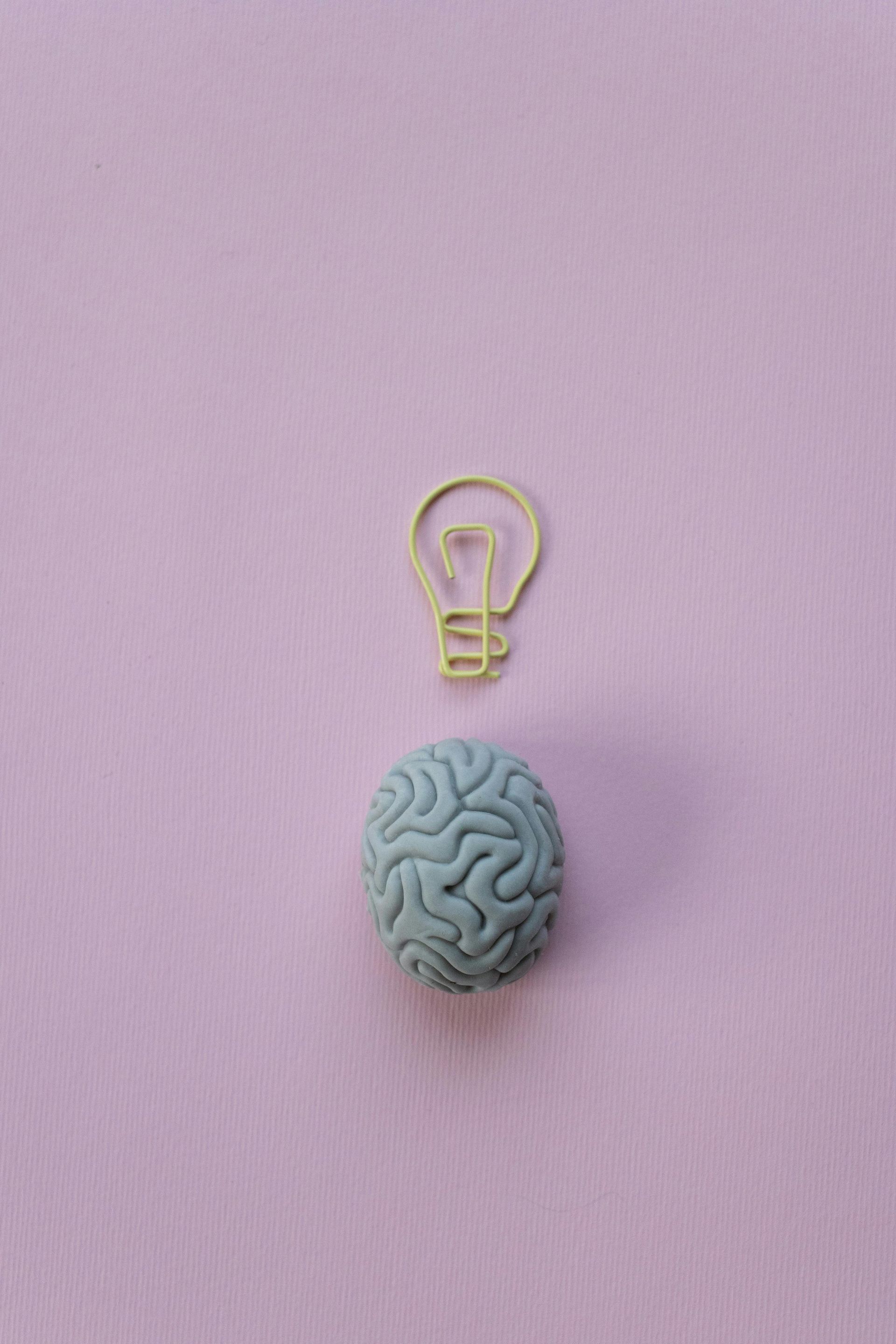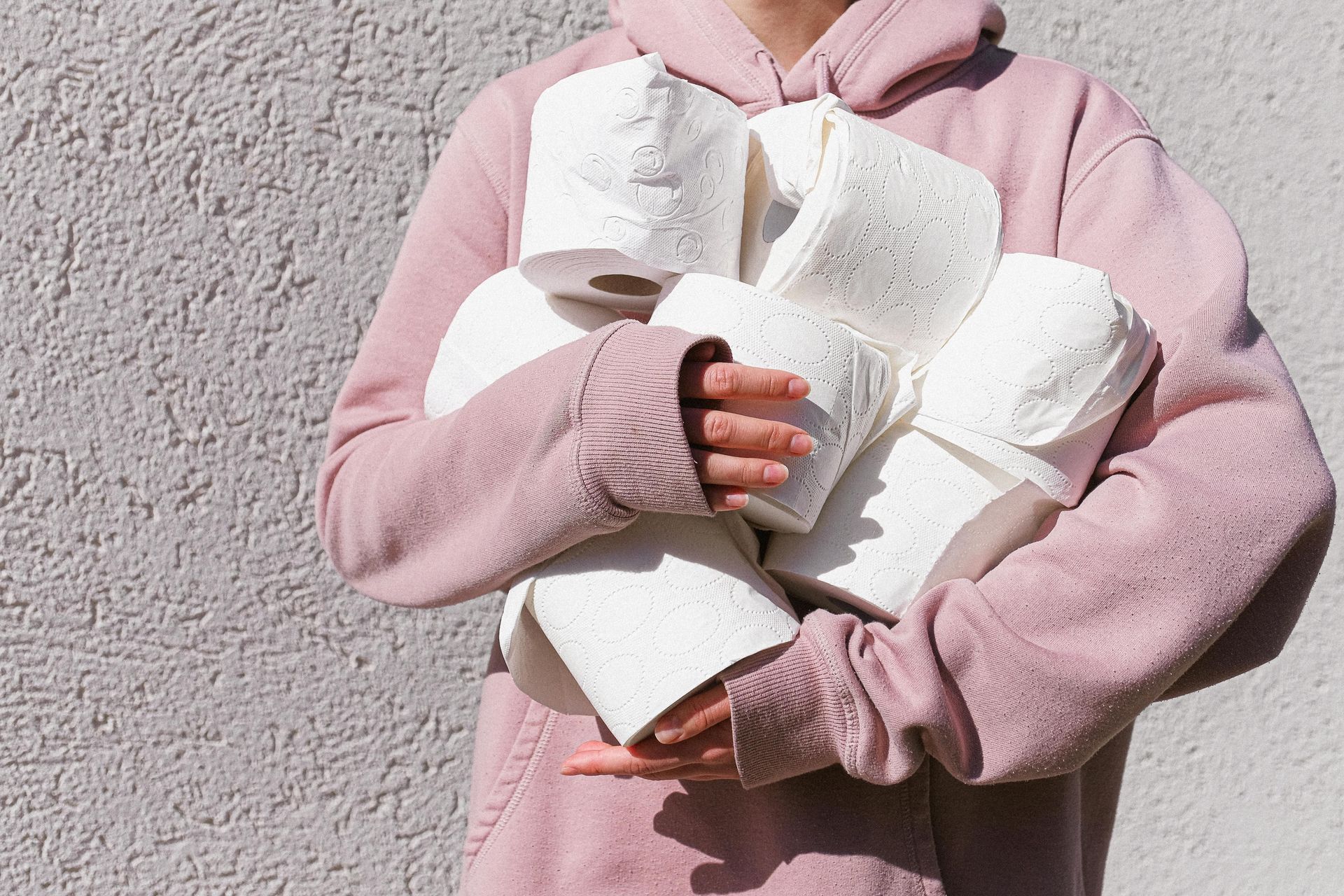The 3 Most FAQ I get asked about starting to exercise
I bet you've asked these yourself!
I thought I'd share some answers to questions I've been asked recently. Now maybe, one of these is the answer you've been looking for. If it's not and you have a question (related to fitness, Pilates or general health shizzle), hit reply and let me know.
"I'd love to be able to get up from the floor more easily. How do I start?"
If you come to any of my classes, you know I always ask you to get up from the floor without using your hands.
But if you've completely got out of the habit of getting up and down off the floor, start by standing up from chairs without using your hands. And I mean any seat - sofas, dining chair, seats on public transport (👈🏽 bit more challenging because you need some balance too).
As you get better, start lower - sit on the bottom couple of stairs or on a kick stool.
The sit-stand test from a chair is one of the key longevity markers and it's a great place to start.
"I've done no exercise for a long time and I'm worried about injuring myself, so it puts me off doing anything. What's the safest thing to try?"
It is NEVER too late to start moving and there are loads of options out there.
The simplest and easiest - go for a walk. No specific equipment or training needed. Start with shorter walks and increase your time by 5 minutes every time.
Pilates is, obviously, also a great place to start because it helps you do everything else better. I'd recommend doing it with a teacher to help you find the exercises that suit where your body is today. If you'd like to join one of our classes, the best thing is to join our Priority Wait List and be first to hear when spaces open up
If you want to start doing some resistance/ weight training, I'd suggest either finding a personal trainer who specialises in getting people back to exercise, or a beginners' small group class.
Our LiFT & FLeX class is full, but to hear when spaces open up, you can join our Priority Wait List.
PS - yes, you may experience a little muscle soreness after lifting weights or your first few Pilates classes. Please don't let this put you off - it's simply a sign you're doing something new. You can read more about that
here
I just can't find time to do exercise. Help!?
I get it. You've got a lot on your plate. Job. Family commitments. Household commitments. But said with love: doing nothing is not an option.
A recent study has highlighted the importance of exercise to prevent frailty and fragility fractures. Specifically, exercise that increases bone density and reduces risks of falls - things like Pilates, weight-bearing exercise and impact exercise.
And for cardiovascular health, all you need is 150 mins per week - that's 22 minutes per day - of moderate intensity exercise that lifts your heart rate to substantially reduce your risks of:
- heart attacks;
- strokes;
- diabetes;
- high cholesterol;
- depression (as well as reducing symptoms); and
- dementia (👈🏽 by up to 88% according to a recent study).
Don't forget, your daily 22 mins don't even need to be in one block! 15 mins brisk walking, 5 minutes dancing while you prepare a meal, and a couple of minutes of storming up and down the stairs and you're done!
Can you find a bit more time every week? Try one of these:
Do you have questions you'd like answered, or need help getting started?
Email me here and let's find you what will most help you










